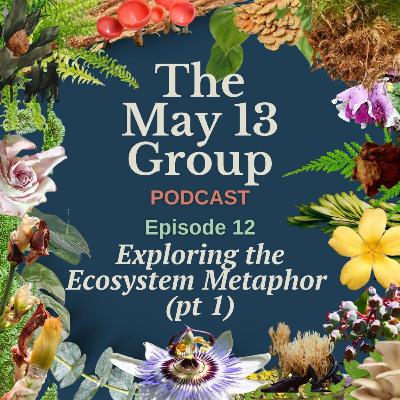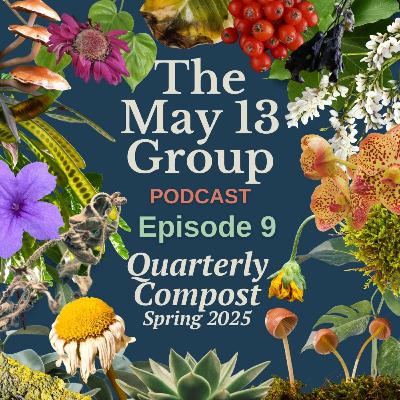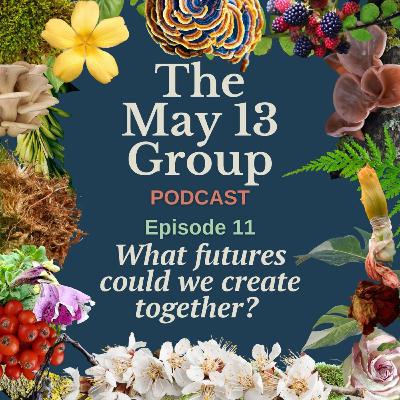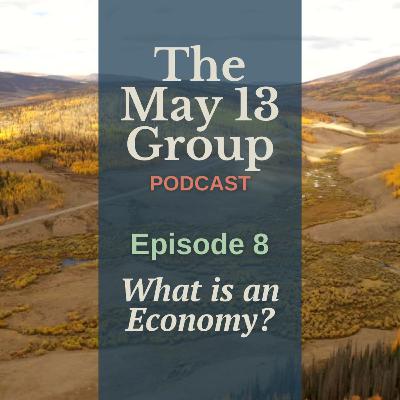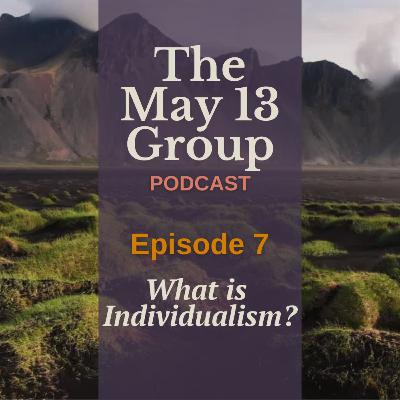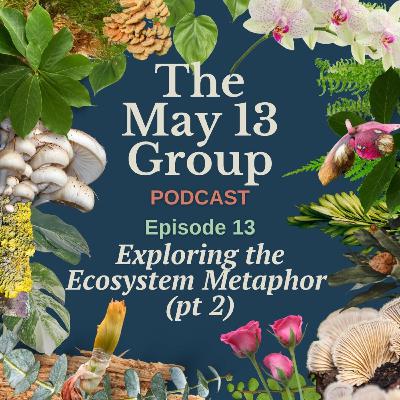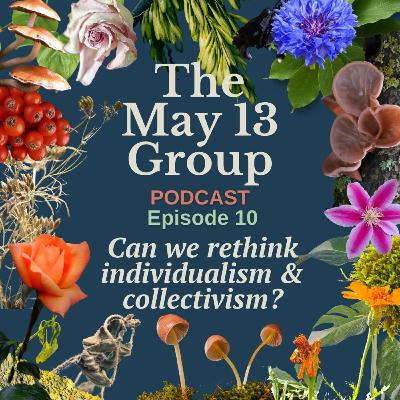Why “The Next Day”?
Update: 2024-07-16
Description
In this episode, Carolina and Vidhya reflect on the tension among learning from the past, meeting immediate needs in the present, and both imagining and building a better future. We discuss evaluation’s origins as a tool for capital and grapple with our status as members of the professional/ managerial class. Folx with our training and current positionality find uncertainty “risky.” Whose interests do we ultimately serve? Could a solidarity economy offer evaluators a safety net or better fallback position from which to make collective demands—by organizing ourselves or joining existing movements that serve the working class?
Notes
- 8:19 , 19:50 , 20:36 : The author and date of publication are Edward Suchman and 1967.
- 21:12 : Vidhya meant The Personal Responsibility and Work Opportunity Reconciliation Act of 1996
- 24:44 : It is racist in that there are no regular Black or indigenous characters. Additionally, although there IS an Asian adoptee and a Colombian immigrant character, the Asian adoptee is not old enough to speak for much of the show’s run. Jokes are made at Asians’ expense, including hers. Plots about the Colombian immigrant largely reinforce stereotypes about Latine women.
References
- Appreciative Inquiry
- Nonprofit Industrial Complex: a set of symbiotic relationships that link political and financial technologies of state and owning class control with surveillance over public political ideology, including and especially emergent progressive and leftist social movements (Rodriguez, 2006)
- Debating Colonial Legacies of Development Studies
- “Why is Evaluation So White?”
- Professional Evolution of Michael Scriven
- Recapturing Moral Discourse in Evaluation
- Capitalism & the Logic of Deservingness: Understanding Meritocracy through Political Economy
- Just Transition
- Black Power
- Ethnic Studies Student Strike
- Student Socialist Movement in France
- Evaluation Roots Reconsidered: Asa Hilliard, a Fallen Hero in the “Nobody Knows My Name” Project & African Educational Excellence
- Unearthing Evaluation’s Roots
- Evaluation and Social Justice—Seeking multicultural validity: A postcard from the road
- Positivism
- Scientific management brought the scientific method into managerial practice to address the loss that capital incurs through “inefficiency” in labor productivity
- What “Capitalism” Is and How It Affects People
- Racist Beginnings of Standardized Testing
- Social Darwinism, Race & Research
- Reclaiming Abundance Under Capitalism
- Better Living Through Evaluation? Images of Progress Shaping Evaluation Practice
- From Colonial Administration to Development Studies: A Postcolonial Critique of the History of Development Studies
- Diversity in the Nonprofit & Voluntary Sector
- Evaluative Research Design
- Justin Laing of Hillombo Consulting
- What Is Orientalism?
- Perry Preschool Project
- The Negro Family: The Case for National Action
- War on Poverty
- Temporary Assistance for Needy Families
- Affirmative Action
- This was the closest to a critical review of Modern Family
- Epistemic Violence
- Charles Mills
- Righting Wrongs
- Mission Statements as Strategic Management Tools
- What is Scientism?
- Eugenics & Scientific Racism
- Base & Superstructure
- CIA & the Frankfurt School’s Anti-Communism
- Ruling Class & the Buffer Zone
- On the Origins of the Professional-Managerial Class
- What Do We Mean By Solidarity Eco
Comments
In Channel


